Niger, the largest state by land mass in Nigeria, is a land of rivers, hills, and green plains dotted by stout trees. Here, agriculture feeds millions, and traditions run deep. It is not the kind of place you’d expect advanced technology to reshape government services, but in this vast corner of north-central Nigeria, artificial intelligence has already saved lives and hundreds of millions of naira.
The wake-up call came in 2024, when a government recruitment exercise turned deadly. Over ten thousand applicants swarmed computer-based testing (CBT) centres, and in the chaos, a stampede left two people dead. Determined to avoid another tragedy, the state government turned to its newly minted Ministry of Communications Technology and Digital Economy. The ministry’s answer: an AI-powered, computer-based testing system that lets candidates take their exams remotely, bypassing crowded centres altogether. The result? No stampedes, no queues for over 50,000 candidates and half a billion naira in cost savings.
“We saved the government ₦500 million,” said Suleiman Isah, the commissioner who spearheaded the project, from his Minna office. “Nobody went to any CBT centre during the recruitment process.”
Old landmarks, new ambitions
It’s easy to forget, as you drive past Kainji Dam’s imposing walls (built in the 1960s), or gaze on the 1985 Jebba Dam and 1990 Shiroro Dam, that Niger State was home to some of Nigeria’s earliest engineering marvels. For decades, however, these monuments to industrial hope didn’t translate into digital progress. While Lagos and Abuja rode waves of tech investment and start-ups, Niger State’s digital revolution was mostly nonexistent.
Change began to crackle in 2023, when the Ministry of Communications Technology and Digital Economy was inaugurated and Isah was appointed as commissioner. Before joining the ministry, Isah was heading the state’s Inland Revenue Service.
Even before this official pivot, a small but determined group of young entrepreneurs had been working to bridge the state’s technology gap. They founded startups and hubs that were vital nodes of innovation: Binarify Limited, a software development firm by Samuel Adeniyi; Paritie Hub, an accelerator led by Syed Abdullahi; Trecagon, a tech hub created by Akin Thompson; P3 Consulting, an accelerator launched by Nosa Osunde; SchoolSQL, an edtech platform from Emmanuel Fayomi; and YKD Consults, which offers tech training and is run by Daniel A. Atteh. Together, they kept the flame of tech ambition alive in Niger State.
“We cannot overemphasise the gap that we have in the tech ecosystem in Niger State,” said Syed Abdullahi of Paritie, during an ecosystem meeting on Friday, August 8, 2025, in Minna. “And most importantly, it has never really been about the skill sets, even though we still have gaps. What it’s been about is attracting the right attention from the government and investors.” That attention would not come until 2023.
Umar Auna, Startup Desk Officer at Niger State Ministry of Communication Technology and Digital Economy, ran a tech community in Minna called Google Developer Groups, Minna, before joining the government. He recalled numerous times when he tried reaching out to the previous administration for collaboration, but met a wall.
“Back then, there was no one to run to,” said Auna. “If you had a solution and needed to pitch it to the government, they would not even respond to your message. All that has changed with the current administration, with the attention it has given to technology.”
Roads rising, connectivity lagging
Under Governor Umaru Mohammed Bago, Niger State has launched one of its most ambitious infrastructure drives in decades, encompassing 556 kilometres of roads across all 25 local government areas, 250 kilometres of intra-city roads in key towns, and an additional 202 kilometres within Minna township. On any given day, cranes, boulders, and hundreds of workers line the construction sites—a striking sign of progress that also brings significant disruption. Diversions are routine, and in many areas, the roadworks have delayed the rollout of critical telecom infrastructure.
As of early 2025, Niger State had laid about 3,681.66 kilometres of fibre optic cable, ranking fifth in Nigeria for fibre coverage. But coverage is not the same as connectivity. Much of this capacity remains underutilised, as telecom operators maintain only a limited presence in the state, leaving homes and businesses with patchy or unreliable internet access.
“The massive road construction projects make it difficult for infrastructure companies to deploy and maintain cables because network disruptions are inevitable,” said Isah. “Protecting fibre cables from frequent cuts is a major challenge.”
Talks with IHS Towers and the Nigerian Communications Commission (NCC) to expand infrastructure and internet services have stalled over the past year. In response, the state government has proposed an alternative approach: leveraging existing power lines to deliver fibre cables directly to homes.
The Ministry of Communications Technology and Digital Economy has also partnered with the Ministry of Works and Urban Development to create routes for fibre ducts to encourage a dig-once policy. Commissioner Isah wants it to be private-sector driven. But the state is yet to secure investors’ commitment to the solutions.
For now, residents depend largely on mobile networks, which remain unreliable. Businesses, including tech hubs such as LapPlace Hub, P3 Hub, and Binarify Limited, are increasingly turning to satellite internet solutions like Starlink to meet their high-speed connectivity needs.
“We use Starlink for connectivity, and it has been very reliable for our work,” said Prof. Mohammed Aliyu Paiko, Vice Chancellor at Abdulkadir Kure University (AKU). The school, which began operations in 2024, runs GT-Hub, a digital training, incubation, and acceleration centre located within the university.
A Do-It-Yourself digital revolution
Change in Niger State isn’t being dictated from government offices; rather, it’s bubbling up from a restless community of builders blending entrepreneurial grit with institutional support. At Abdulkadir Kure University, for instance, the GT-Hub pushes students beyond the classroom, training them in AI, data science, and software development, while giving them the tools to pitch their ideas to investors.
“It is part of the strategic objective of this school that students have thriving ventures while they’re still in school,” said Umar Zakari, ICT Director at Abdulkadir Kure University. “We started with 86 students. We train them in AI, data science, software development, and all the frontiers that define the fourth industrial revolution.”
The Federal University of Technology (FUT), Minna, is also cultivating a new wave of founders through its Centre for Entrepreneurship. With its culture of pitching, prototyping, and competing on national stages, FUT Minna has become a launchpad for young innovators whose roots run deep in Minna but whose ambitions stretch across the digital economy.
One such innovator is Samuel Adeniyi, a mechatronics engineering graduate who co-founded Binarify Limited. His startup is building an AI-powered platform that allows merchants managing multiple online stores to merge them into a single, unified dashboard—a solution designed to simplify digital retail in an increasingly fragmented marketplace.
Every month, Adeniyi also helps lead Founders Fridays, a gathering organised with the Niger Startups and Innovators Community (NSIC). The event has become a testbed for fresh ideas and a collaborative space for founders, students, and aspiring entrepreneurs. These incubators focus on practical, job-ready skills like software engineering, data analytics, and AI, that translate into real economic value.
The Ministry of Communications Technology and Digital Economy, in partnership with the United Nations Development Programme (UNDP), is also establishing specialised training centres for robotics, AI, and drone engineering. Similarly, the NCC has expanded its digital education initiatives, training 90 Internally Displaced Persons (IDPs) in one of the camps.
“The same NCC took some people to their Nokia Academy in Abuja for about eight weeks to train them,” said Isah.
Still, culture and mindset remain stubborn hurdles. “People don’t think they need to spend to improve branding, to improve their businesses,” said Syed Abdullahi, a regular at Founders Fridays. “The mindset has always been: go to school, graduate, and get a government job.”
From gatekeeper to enabler
While bureaucracy often slows progress in Nigerian governance, Niger State’s Ministry of Communications Technology and Digital Economy is trying a different playbook—one that lets private organisations take the lead in building the state’s tech future.
“We are faced with two big questions,” Isah explained. “Are we here to transform governance, or are we here to enable the environment? E-governance might take eight years, but for sustainability, we’ve chosen to empower the private sector to drive tech in the state.”
A key example is the waiver of right-of-way (RoW) fees, traditionally one of the costliest hurdles for telecoms and fibre providers. Niger has waived those fees on the condition that any company laying fibre must provide free broadband access to every tertiary institution along the route. The policy reflects Niger’s model: the private sector builds and owns the infrastructure, while the government steps in as the first off-taker to guarantee impact.
In healthcare, Niger State has launched the Asibiti system, a unified health card system linked across all state general and teaching hospitals. The digital wallet linked to each card reduces corruption, lets citizens pre-save for health expenses, and, crucially, keeps patient data private but accessible and government-owned.
Education has seen a similar push. The state digitised the basic education leaving certificate: no more lost or forged paper. Certificates are now soft-copy only, embedded with QR codes.
Revenue collection, once leaky and opaque, is now routed through a centralised billing system inspired by the federal TSA, harmonising state and local collection points. The result has been nothing short of transformative, with monthly internal revenue rising tenfold from ₦350 million ($219,000) to over ₦3.5–4 billion ($2.5 million) in just two years.
The practical, not the futuristic
For all the talk of tomorrow, Niger’s embrace of AI is grounded in immediate, everyday realities. Two projects, in particular, show just how practical and impactful this shift has become.
The first is the AI-powered remote exam system. Originally developed in response to a tragedy during the state’s civil service recruitment, it has since been incorporated into and transformed university testing, eliminating fraud and slashing costs. Abdulkadir Kure University put it to the test in 2025, when more than 12,000 candidates sat remotely for a recruitment test into the university’s staff community entirely on the system. The results were efficient and corruption-proof, according to the Vice Chancellor of the school.
AI has also found its way into the state’s civil service administration, where it now audits digitised employment and pension records. By scanning for anomalies like birthdate errors, forged certificates, and duplicate identities, the system has rooted out long-standing abuses, speeding up verification while restoring fairness to a process once notorious for loopholes.
“We are testing AI for payroll management,” said Commissioner Isah “So it checks age from all documents, correlation of graduation year and age with possibility, e.g. Someone finishing University at 12 years. This is to tackle age falsification in the civil service.”
Next on the horizon: an AI-driven government contact centre. Soon, citizens will be able to file complaints or report emergencies and be automatically routed to the nearest response unit through an intelligent system—no more waiting endlessly on hold.
These are not the glossy, headline-grabbing AI projects that trend globally. But they are the kind that save lives, save money, and quietly rebuild trust in government institutions.
This report was produced with support from the Centre for Journalism Innovation and Development (CJID) and Luminate.
Mark your calendars! Moonshot by TechCabal is back in Lagos on October 15–16! Join Africa’s top founders, creatives & tech leaders for 2 days of keynotes, mixers & future-forward ideas. Early bird tickets now 20% off—don’t snooze! moonshot.techcabal.com




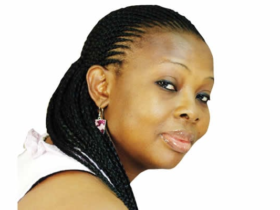


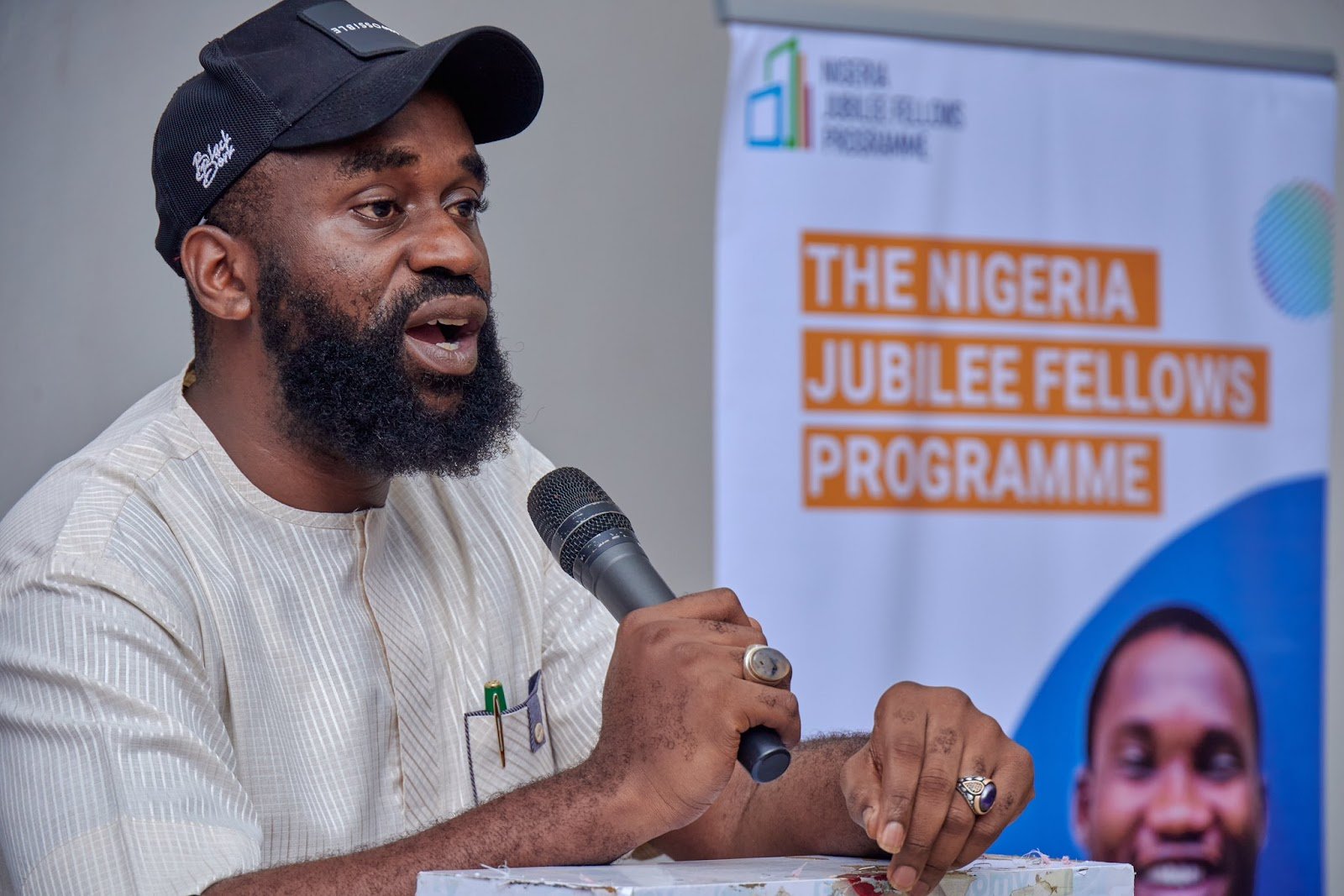
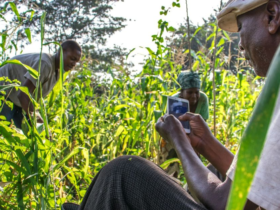
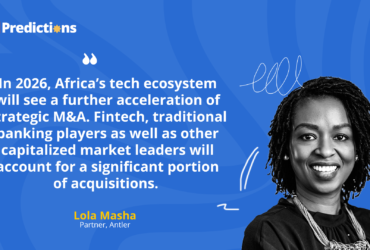
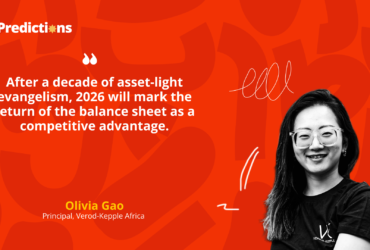
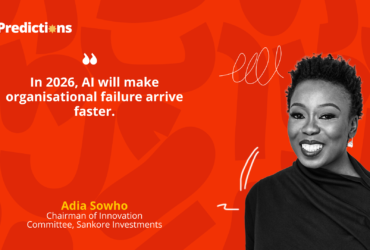


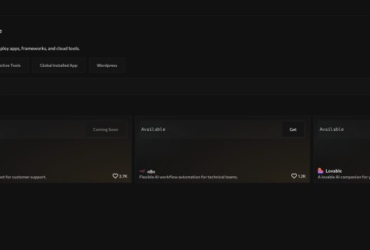
Leave a Reply